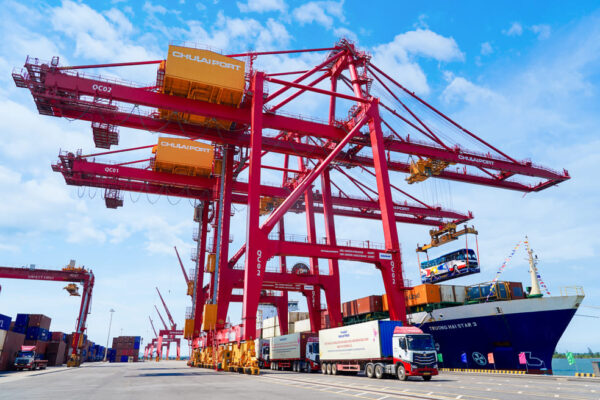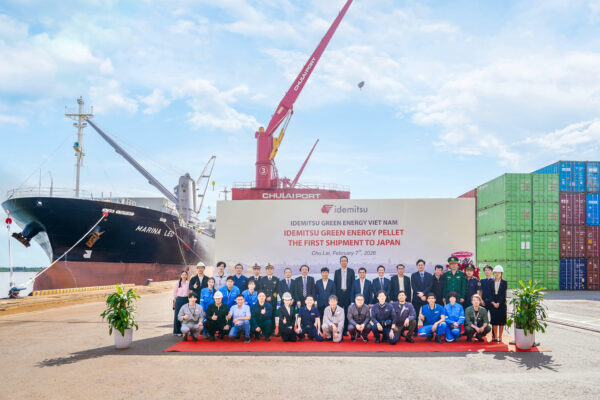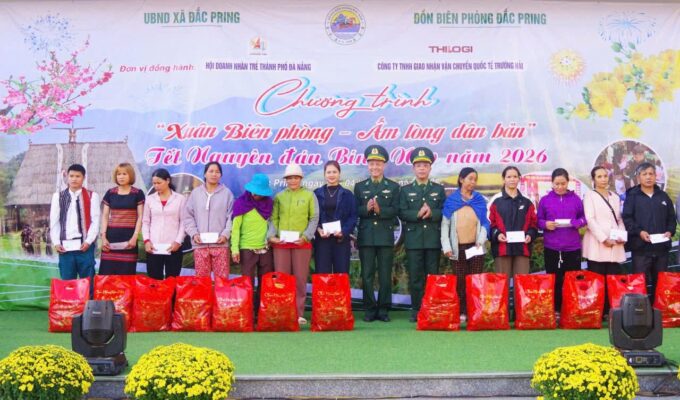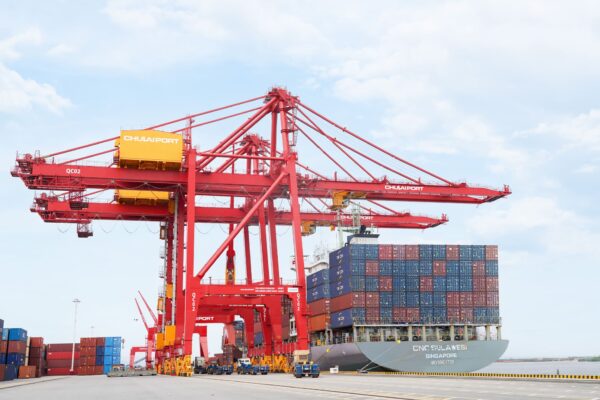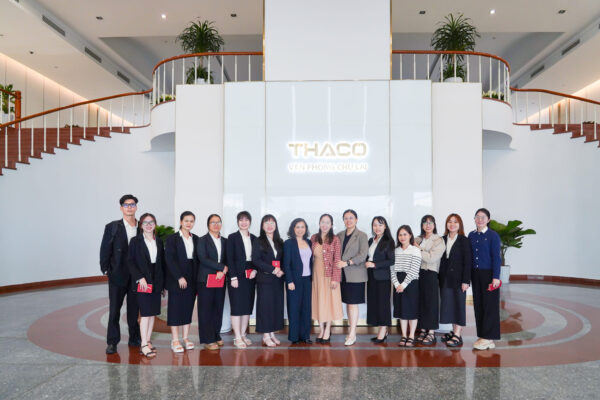CẢNG CHU LAI – KẾT NỐI NÔNG SẢN VIỆT RA THỊ TRƯỜNG THẾ GIỚI
Với mục tiêu đưa cảng Chu Lai trở thành trung tâm kết nối logistics, thúc đẩy tiêu thụ, xuất khẩu nông sản trong nước, Công ty Giao nhận Vận chuyển Quốc tế Trường Hải (THILOGI) đã triển khai nhiều giải pháp nhằm kết nối hoạt động giao nhận vận chuyển đường bộ – cảng biển – đường biển, tối ưu hóa chuỗi giá trị xuất khẩu nông sản…
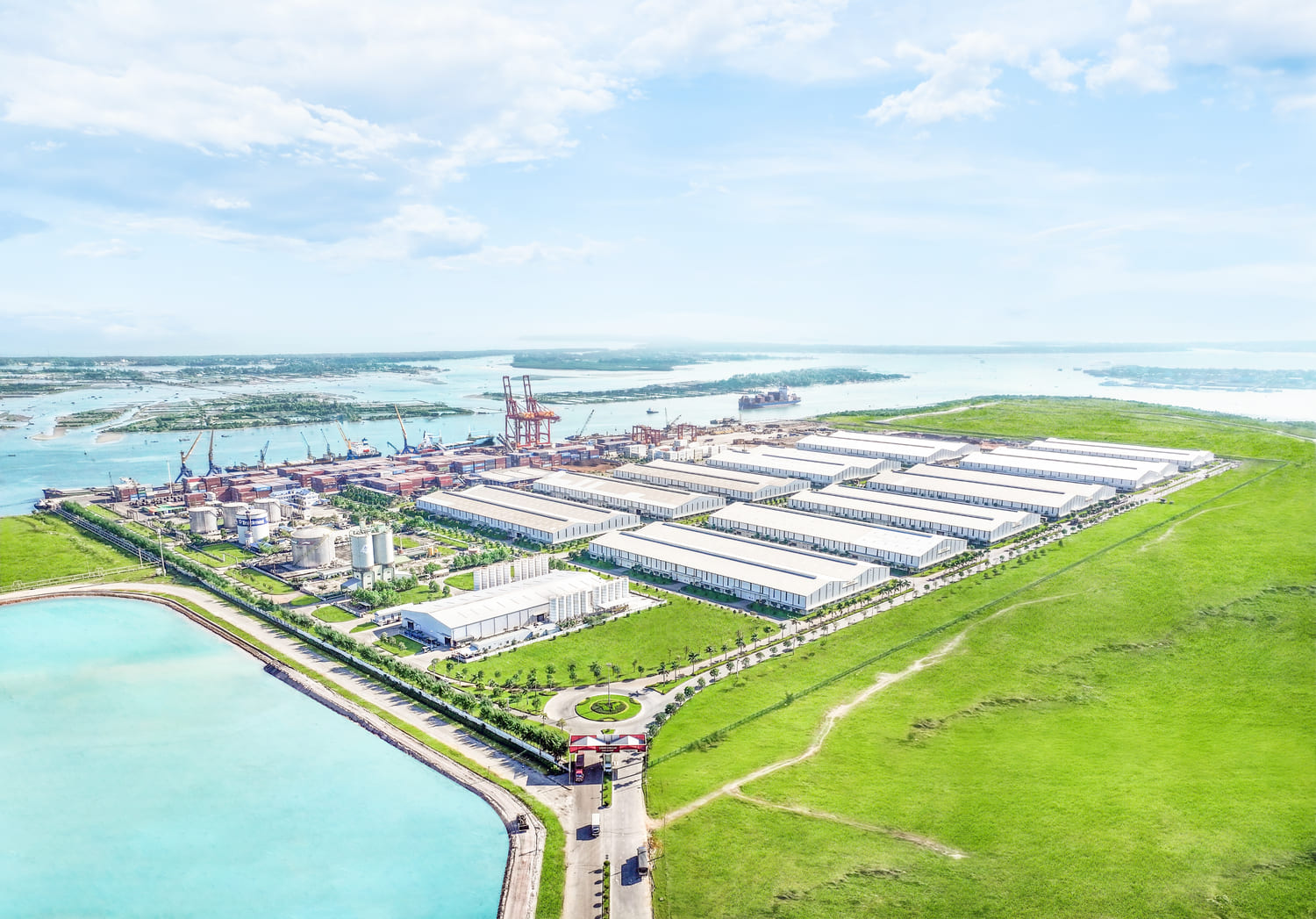
Cảng Chu Lai – Cảng chuyên dụng về container lạnh phục vụ xuất khẩu nông sản tại khu vực miền Trung.
TIỀM NĂNG XUẤT KHẨU NÔNG SẢN VÀ NĂNG LỰC ĐÁP ỨNG CỦA LOGISTICS
Năm 2023, Trung Quốc chi hơn 24,4 tỷ USD để nhập các loại nông sản, Việt Nam là nước xuất khẩu nông sản lớn thứ 2 sang Trung Quốc chỉ sau Thái Lan. Đây là kết quả đạt được khi Việt Nam và Trung Quốc ký các Nghị định thư cho nhiều loại nông sản xuất khẩu chính ngạch (chuối, thanh long, xoài, dưa hấu, nhãn, chôm chôm, mít…) mở ra nhiều cơ hội giúp hàng hóa Việt Nam thâm nhập vào thị trường rộng lớn này. Trung Quốc sẽ tiếp tục là thị trường tiềm năng cho nông sản Việt tăng thị phần và giá trị xuất khẩu.
Tuy nhiên hiện nay, mặt hàng này chủ yếu được vận chuyển, xuất khẩu bằng đường bộ thông qua các cửa khẩu phía Bắc như: Tân Thanh, Hữu Nghị, Chi Ma (Lạng Sơn), Móng Cái (Quảng Ninh)… Đáng nói, ở các cửa khẩu, bãi tập kết hàng hóa nông sản không đảm bảo, thiếu hệ thống kho bãi lạnh, công tác điều phối còn bất cập, xảy ra tình trạng ùn tắc vào mùa cao điểm, khiến trái cây hư hỏng, phát sinh chi phí logistics, từ đó giảm tính cạnh tranh trên thị trường.
Đây là bài toán khó cho các doanh nghiệp xuất khẩu nông sản, đặc biệt là các nhóm hàng trái cây có vùng trồng tại khu vực Nam Trung bộ, Trung Trung bộ, Tây Nguyên với khoảng cách vận chuyển xa.
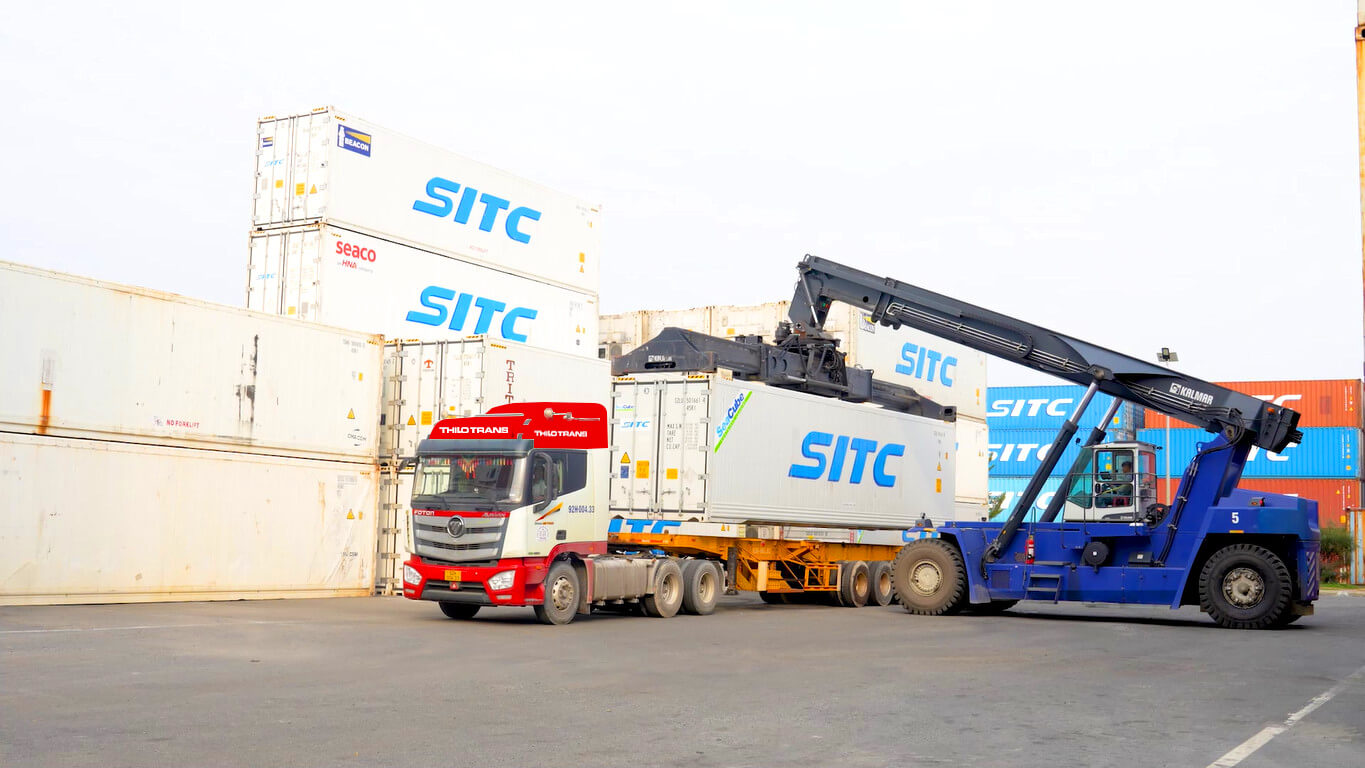
Hệ thống kho lạnh tại cảng Chu Lai có diện tích hơn 12.500 m2 với sức chứa 1.000 container lạnh.
Nắm bắt tiềm năng, đồng thời chia sẻ khó khăn với các doanh nghiệp, THILOGI đã đầu tư phương tiện, thiết bị, nâng cấp cơ sở hạ tầng, song song đó phát triển mô hình dịch vụ logistics trọn gói từ vận chuyển, thủ tục xuất khẩu, kiểm dịch, khai báo hải quan, lưu kho, bảo quản… phục vụ xuất khẩu nông sản (trái cây, hàng đông lạnh…) bằng container lạnh chuyên dụng qua cảng Chu Lai; tạo điều kiện thuận lợi cho thương mại nông sản chính ngạch đến với các thị trường lớn như Trung Quốc, Mỹ, EU…
PHÁT TRIỂN HỆ THỐNG LOGISTICS, GÓP PHẦN NÂNG CAO GIÁ TRỊ NÔNG SẢN VIỆT
Để nâng cao giá trị chuỗi nông sản, dịch vụ logistics phải mang tính kết nối, trọn gói; doanh nghiệp cần thoát khỏi lối mòn chỉ xuất khẩu bằng đường bộ truyền thống, đẩy mạnh vận chuyển đa phương thức nhằm tối ưu về mặt chi phí, thời gian và nâng cao chất lượng hàng hóa.
Là doanh nghiệp kết nối hàng nông sản xuất khẩu tại khu vực miền Trung – Tây Nguyên, Lào, Campuchia, THILOGI chú trọng đầu tư, phát triển mô hình dịch vụ logistics trọn gói, liên kết hoạt động giao nhận vận chuyển từ đường bộ đến đường biển và cung cấp các dịch vụ cảng biển (lai dắt tàu, xếp dỡ, kiểm đếm, kho – bãi, đại lý tàu biển, thủ tục hải quan…).
THILOGI sở hữu đội xe vận chuyển và container lạnh chuyên dụng (40, 45 feet) với hơn 200 xe đầu kéo, đảm bảo nông sản được bảo quản trong nền nhiệt tương thích theo quy định của từng chủng loại. Tại cảng Chu Lai, hệ thống bãi lạnh được xây dựng theo tiêu chuẩn quốc tế có diện tích hơn 12.500 m2 với sức chứa 1.000 container lạnh đáp ứng nhu cầu lưu trữ và xuất khẩu của khách hàng.
Thời gian tới, cảng Chu Lai sẽ đưa vào khai thác bến cảng 5 vạn tấn cùng hệ thống thiết bị xếp dỡ hiện đại; triển khai phần mềm e-Port, giúp khách hàng cập nhật tình trạng dữ liệu tàu, hàng hóa thực tế 24/7.
Đồng thời, cảng tập trung xây dựng cơ sở dữ liệu thị trường, tìm hiểu nhu cầu của khách hàng, trên cơ sở đó liên kết với nhiều hãng tàu quốc tế, ổn định giá cước vận chuyển, phát triển thêm các tuyến hàng hải kết nối trực tiếp từ cảng Chu Lai đến các cảng lớn trên thế giới, gia tăng tần suất lên 4 chuyến/tuần.
Hiện nay, biểu phí dịch vụ tại cảng thấp hơn từ 10 – 30% so với các cảng trong khu vực, hỗ trợ các doanh nghiệp xuất khẩu nông sản với chi phí tối ưu.
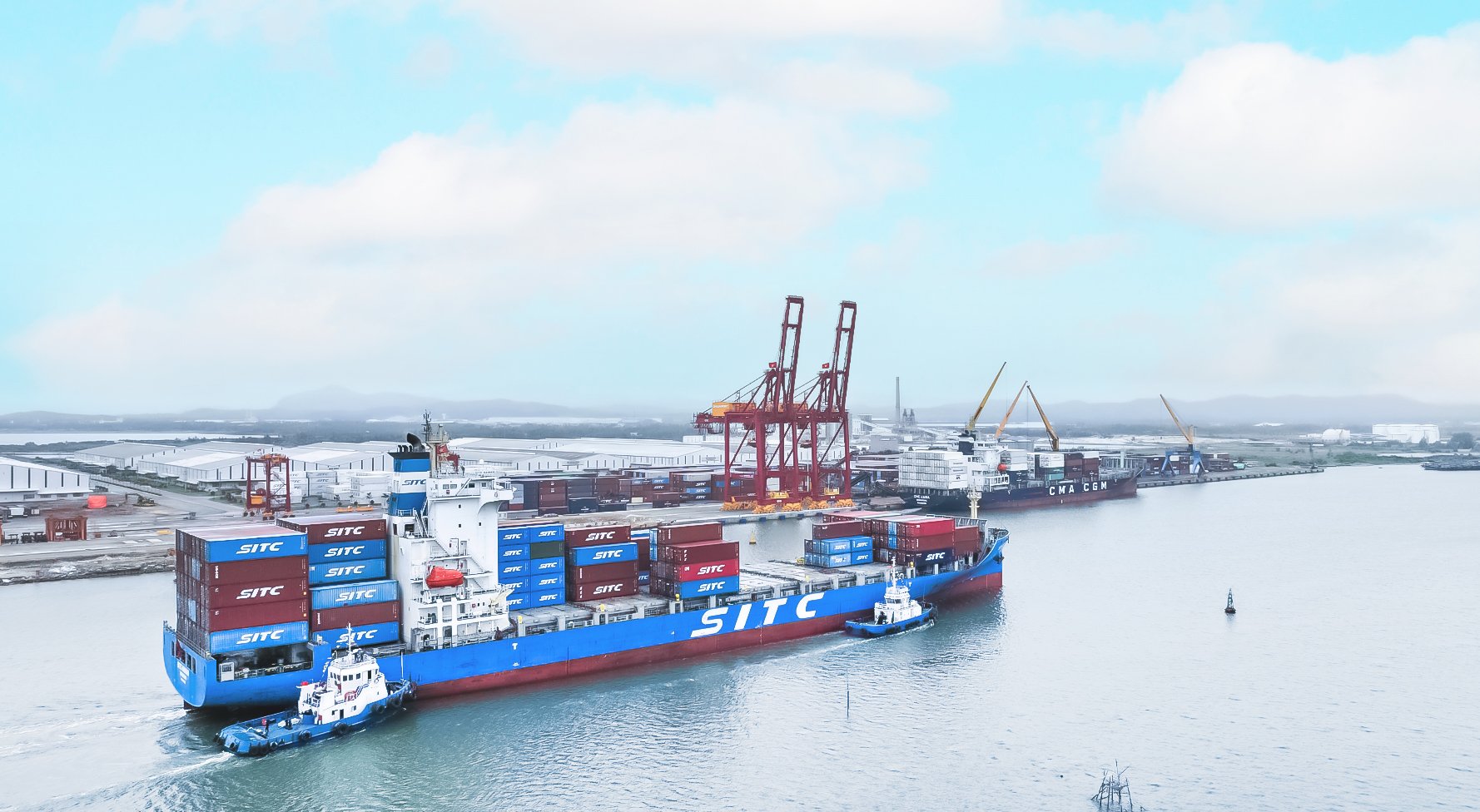
Cảng Chu Lai đang liên kết với các hãng tàu quốc tế, ổn định giá cước vận chuyển, gia tăng kết nối với tần suất 4 chuyến trên 1 tuần.
Hiện THILOGI đang hoàn thiện mạng lưới logistics về đường bộ (hệ thống trạm trung chuyển, depot), đường biển, lấy trọng tâm là cảng Chu Lai, giúp doanh nghiệp giảm chi phí vận chuyển, rút ngắn thời gian giao nhận, bảo đảm hàng hóa an toàn, hạn chế hư hỏng. Với sự liên kết chặt chẽ giữa đường bộ và đường biển, THILOGI có nhiều lợi thế để thu hút nguồn chân hàng trong nước và cả nước ngoài (Lào, Campuchia) về cảng Chu Lai.
Với việc triển khai nhiều giải pháp gia tăng năng lực logistics phục vụ nông nghiệp, cảng Chu Lai đang từng bước khẳng định vai trò là cảng chuyên dụng về container lạnh phục vụ xuất khẩu nông sản, giải quyết bài toán chi phí logistics cho doanh nghiệp, đồng thời gia tăng năng lực cạnh tranh cho nông sản Việt trên thị trường thế giới.
